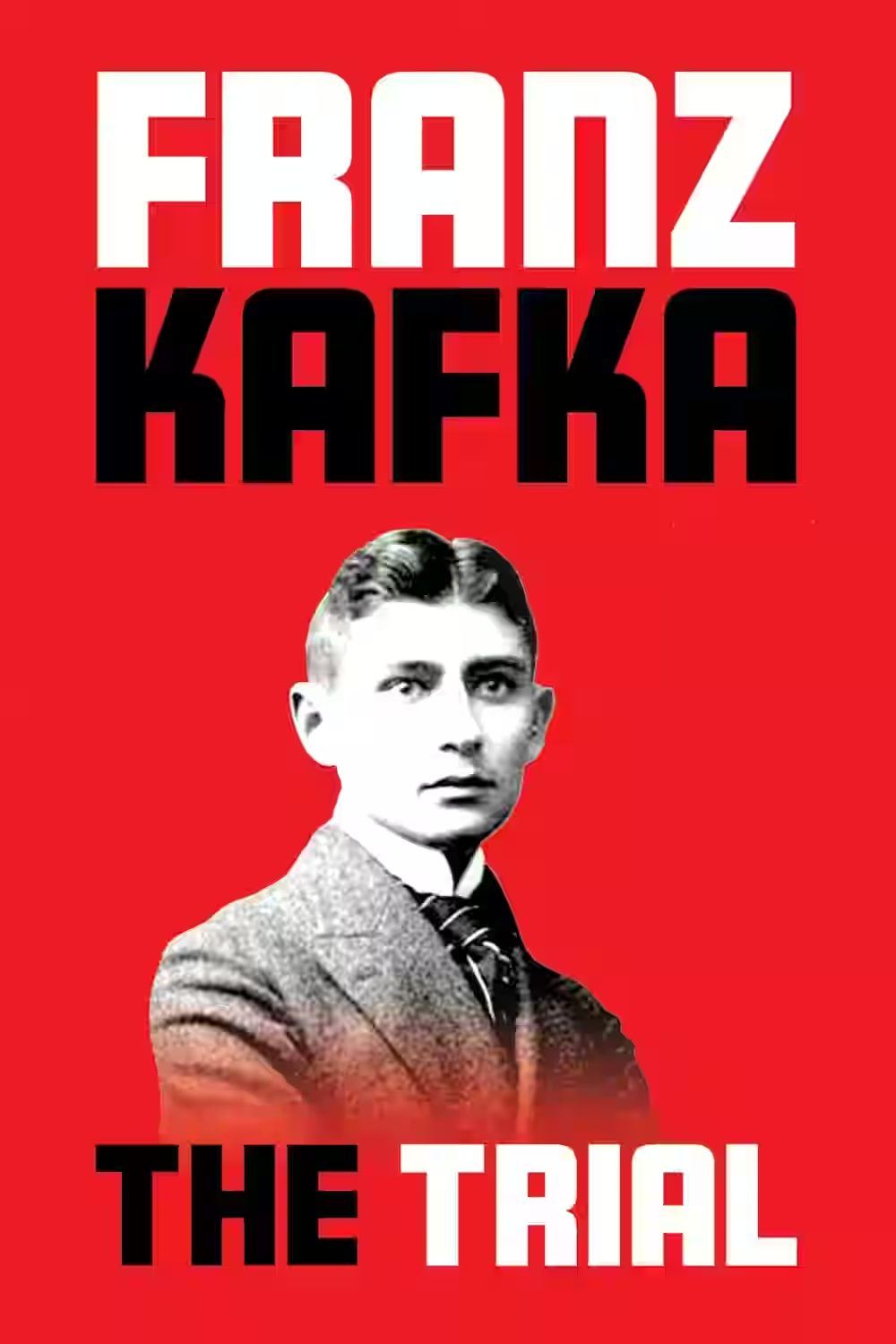Franz Kafka
Franz Kafka (1883-1924) was a Czech-born German-speaking writer known for his profoundly introspective and nightmarish tales exploring themes of alienation, absurdity, and bureaucracy. Born into a middle-class Jewish family in Prague, Kafka worked at an insurance company to support his writing. His most famous works include 'The Metamorphosis,' where the protagonist wakes up as a giant insect, and 'The Trial,' a haunting narrative of an individual trapped in a bewildering legal system. Kafka's unique style, characterized by surrealism and existential dread, has greatly influenced 20th-century literature, with his name becoming synonymous with a sense of existential unease and the futility of modern life.

In Franz Kafka's 'The Trial,' readers are drawn into a haunting narrative that delves into themes of bureaucracy, alienation, and the absurdity of the legal system. The story follows Josef K., who is arrested and prosecuted by a mysterious court for a crime that is never disclosed. As he navigates a surreal and nightmarish world where he is confronted by elusive authorities and intricate procedures, Josef K.'s futile search for truth and justice mirrors the existential struggles of modern society. Kafka's enigmatic and atmospheric writing style captivates readers, leaving them pondering the nature of guilt, power, and the individual's place in a dehumanizing society.